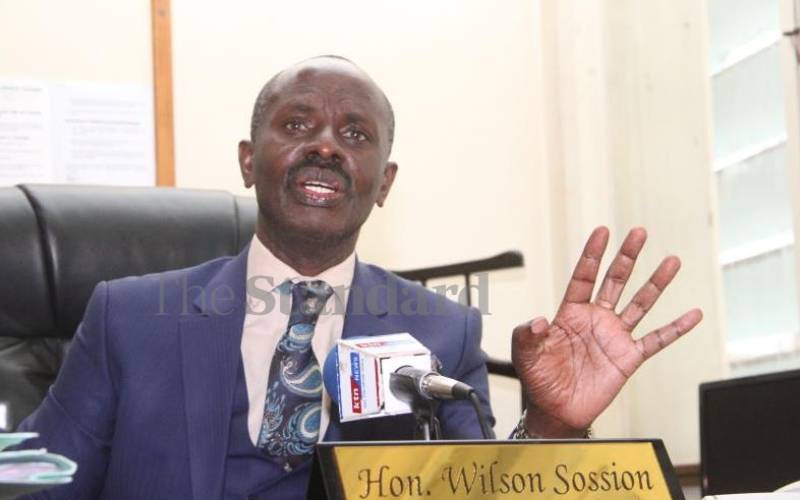×
The Standard e-Paper
Fearless, Trusted News

Nominated MP and Secretary-General of Knut Wilson Sossion. [Edward Kiplimo,Standard]
Poorly equipped teachers, lack of standard infrastructures and low budgetary allocations to Early Learning and Basic Education form the biggest barrier to access equitable quality education – thus the urgent need to renew commitment to Free Primary Education (FPE) and Free Day Secondary Education (FDSE) programmes.